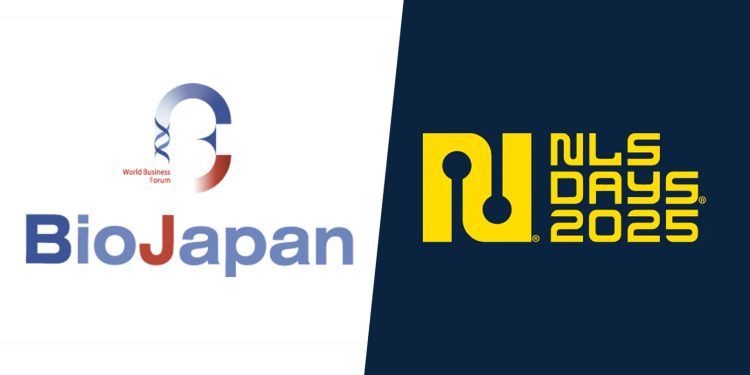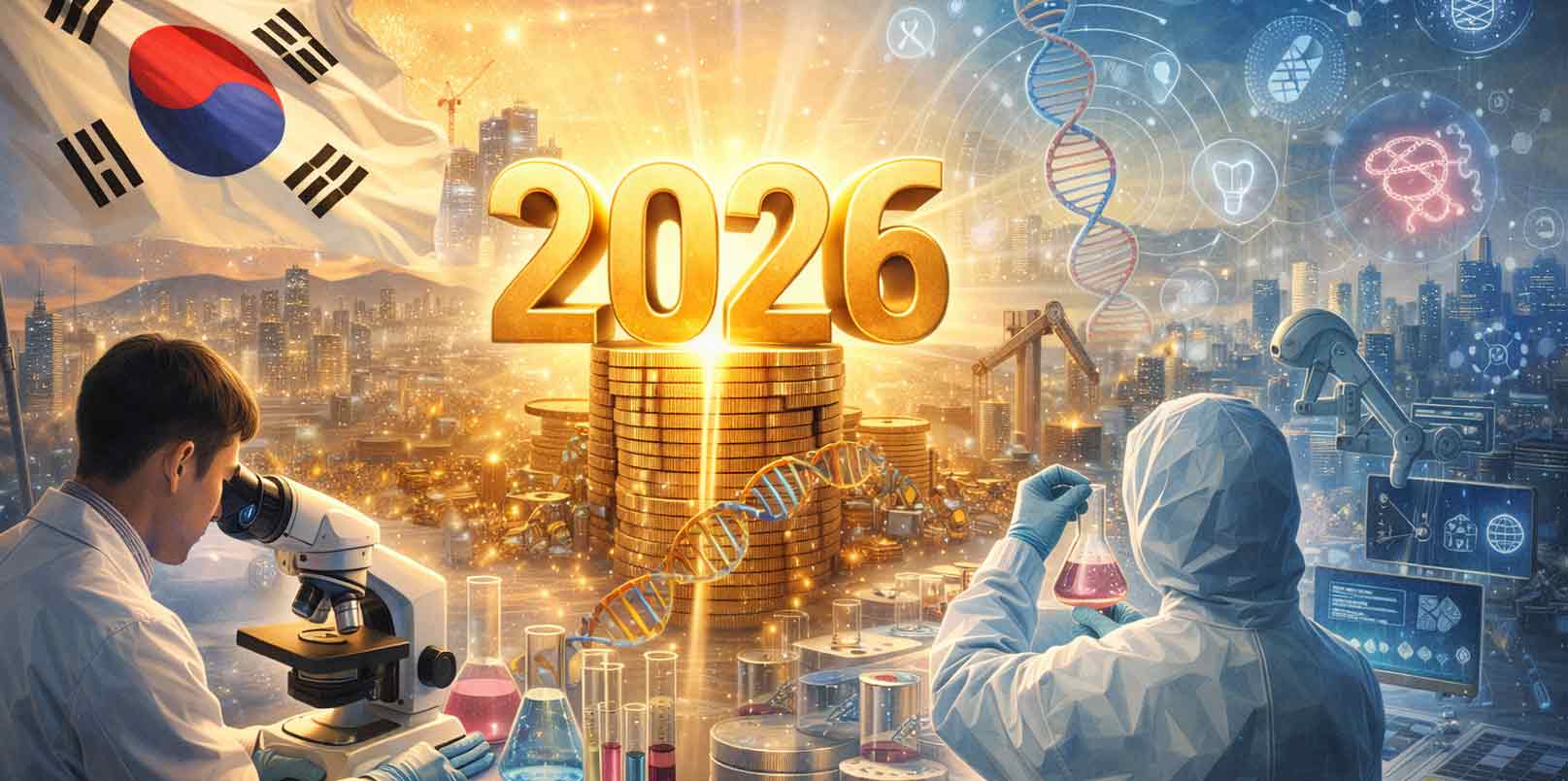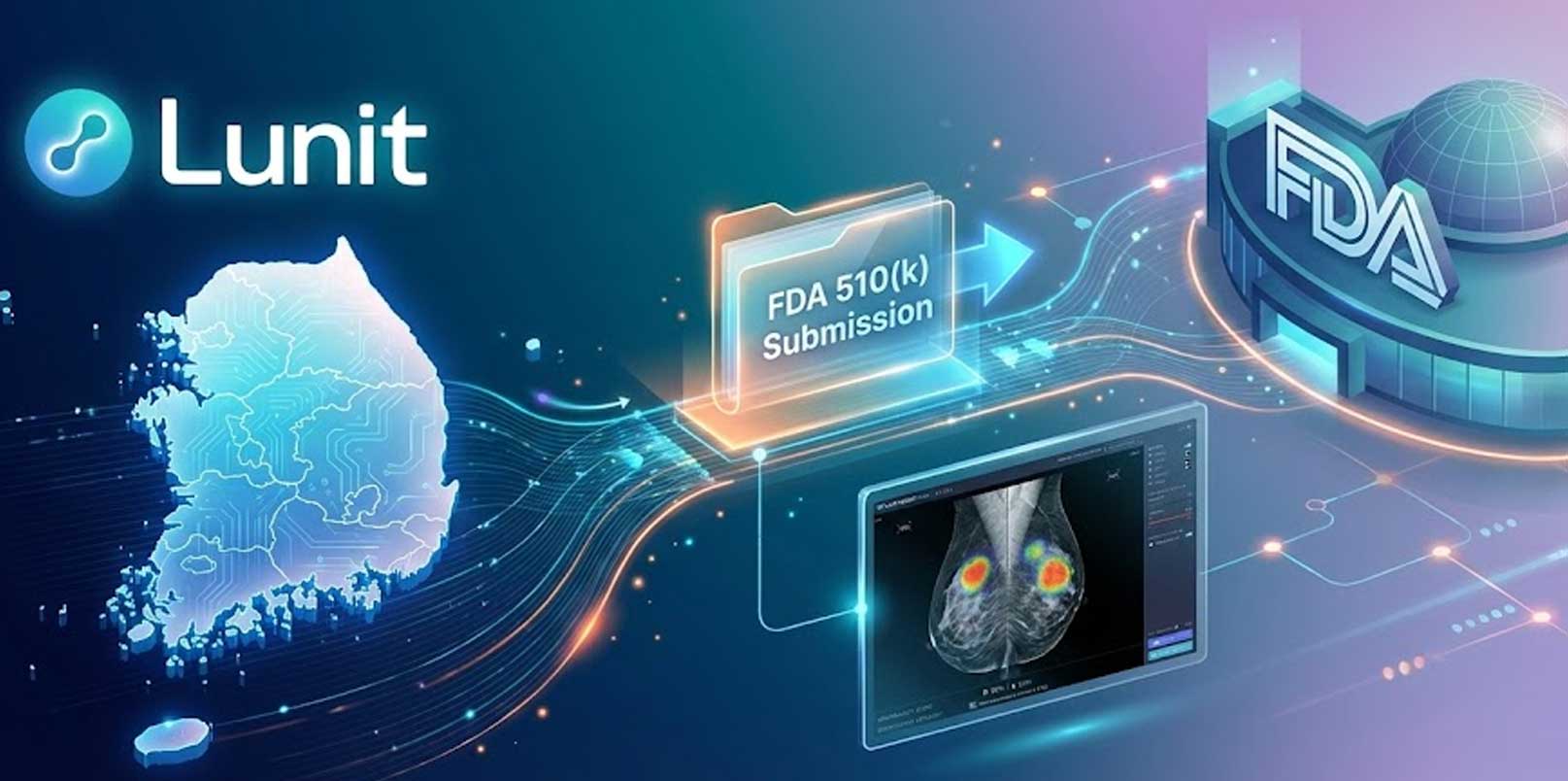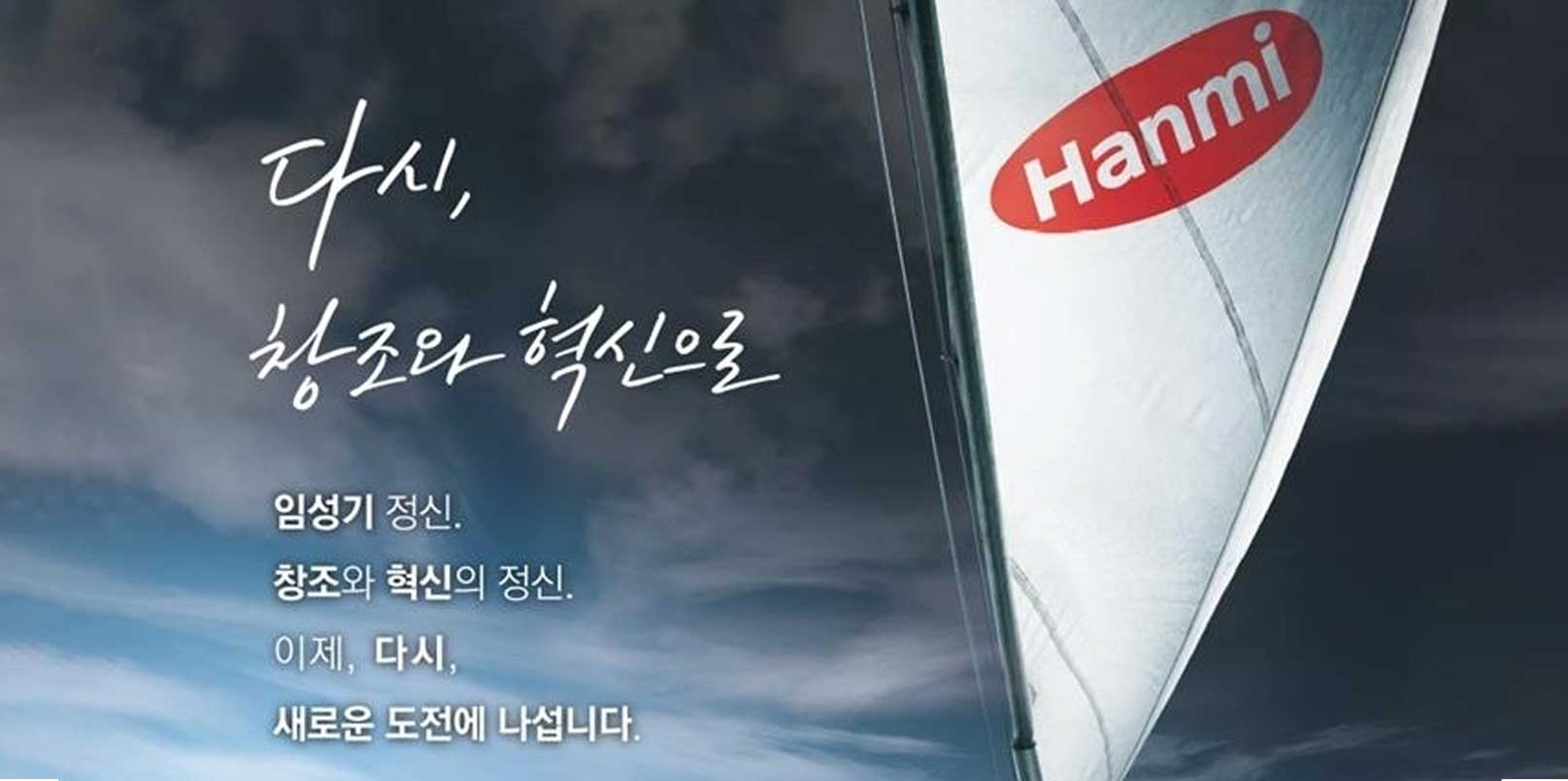Korea’s biotech ambitions are no longer confined to policy papers—they are being tested on the world stage. As the Ministry of SMEs and Startups mobilizes 40 bio ventures for BIO Japan and NLS Days, the country’s innovation engine faces a defining test: can strategic global exposure finally bridge the gap between investment momentum and institutional execution?
Korea’s Bio Startups Step onto Global Stage with MSS Support
Following the previous concerns about the policy slowdown in Korea’s biotech sector, the Ministry of SMEs and Startups (MSS) has unveiled a tangible global push—backing 40 bio ventures to join international events in Japan and Northern Europe.
Through joint participation in BIO Japan 2025 in Yokohama and the Nordic Life Science Days (NLS Days) in Gothenburg, the ministry is moving to translate policy rhetoric into global exposure, partnerships, and investment traction for Korea’s emerging biotech ventures.
BIO Japan and NLS Days 2025: Global Stages for Korea Biotech Innovators
MSS confirmed that 30 Korean startups will exhibit at BIO Japan 2025, Asia’s largest biotechnology event, scheduled for October 8–11 in Yokohama. The show draws more than 1,000 companies from 34 countries and facilitates over 22,000 partnership meetings annually.
Korea will operate a unified K-Startup@BIO Pavilion, co-organized with the Korea Institute of Toxicology (KITOX), Chungbuk Technopark, and Gyeongbuk Technopark. Participating startups include Youth Bio Global, YiPSCELL, and other high-potential ventures engaged in drug development, regenerative medicine, and platform-based diagnostics.
The event will feature investment forums and conferences attended by major global investors and pharmaceutical leaders such as DCI Partners, Otsuka Pharmaceutical, and Boehringer Ingelheim.
Notably, Youth Bio Global is expected to sign an MOU with Japan’s Human Life CORD to establish a joint R&D venture, while YiPSCELL will represent Korea in the Asia Startup IR Session hosted by BIO Japan alongside companies from Japan and Taiwan.
Meanwhile, in Europe, MSS will support 10 additional ventures at the NLS Days, Northern Europe’s largest biotechnology partnering event, drawing over 1,500 participants annually.
The ministry will collaborate with the Chungbuk Center for Creative Economy and Innovation and CCRM Nordic, a leading Swedish regenerative medicine commercialization hub, to provide joint R&D and business matching support.
The Korea Biotech Policy Lag Gives Way to Global Execution
The move marks one of the first concrete follow-ups to the Pharmaceutical and Bio Venture Innovation Ecosystem Plan, which had faced criticism for slow implementation since its introduction in early 2025.
After months of stagnation, this coordinated international push reflects a broader effort to align policy execution with private-sector momentum. Recent analysis revealed that Korea’s bio and health sectors accounted for 18% of total venture investment in 2025, outperforming ICT and service industries despite limited government action.
The new international programs suggest that MSS is now responding to that imbalance, shifting from policy design to field-level activation, especially through cross-border R&D engagement and venture exposure at major global stages.
Early Signs of Strategic Alignment to Korea Biotech Sector
Park Yong-soon, Director General for Technology Innovation Policy at MSS, stated:
“Korean bio startups expanding through Japan are already seeing tangible results. As international joint R&D and ecosystem collaboration grow, we expect these outcomes to accelerate.”
Park added that MSS aims to diversify its global cooperation channels, particularly toward Europe, to ensure bio ventures can pursue new commercialization opportunities.
MSS also highlighted its partnership with Shonan iPark in Japan and CCRM Nordic in Sweden as key strategic footholds for future validation projects and clinical collaboration, creating early frameworks for Korea’s bio-globalization model.
Bridging Investment and Policy Gaps
The dual participation in Japan and Sweden carries weight beyond exhibition presence. It symbolizes a structural correction in Korea’s bio innovation ecosystem—linking private investment strength with institutional support.
In the past year, the bio-health sector attracted ₩735.2 billion (USD 530 million) in new venture capital investment, according to the Korea Venture Capital Association (KVCA). Yet many startups have struggled to commercialize products due to long regulatory cycles and limited international exposure.
By sponsoring startups in established biotech markets like Japan and the Nordics, MSS is not only boosting visibility but also positioning Korean bio ventures within global supply and R&D chains, potentially bridging the long-standing “death valley” between research and commercialization.
The move also strengthens Korea’s standing in the Asia–Europe biotech corridor, where countries like Japan, Sweden, and Singapore are driving open innovation models that integrate startups, research institutes, and multinational pharmaceuticals.
Korea’s Bio Globalization Shift Gains Momentum
The MSS’s recent actions represent more than an event participation plan—they mark a shift from delayed policymaking to strategic international engagement.
For investors and founders, it signals that Korea’s bio innovation drive is maturing, with structural coordination between government agencies, global R&D partners, and venture capital ecosystems now taking shape.
While much work remains to institutionalize cross-border collaboration, BIO Japan and NLS Days 2025 may serve as Korea’s first proof points that policy support, when executed globally, can amplify private-sector confidence and transform the nation’s bio ventures into globally recognized players.
– Stay Ahead in Korea’s Startup Scene –
Get real-time insights, funding updates, and policy shifts shaping Korea’s innovation ecosystem.
➡️ Follow KoreaTechDesk on LinkedIn, X (Twitter), Threads, Bluesky, Telegram, Facebook, and WhatsApp Channel.






